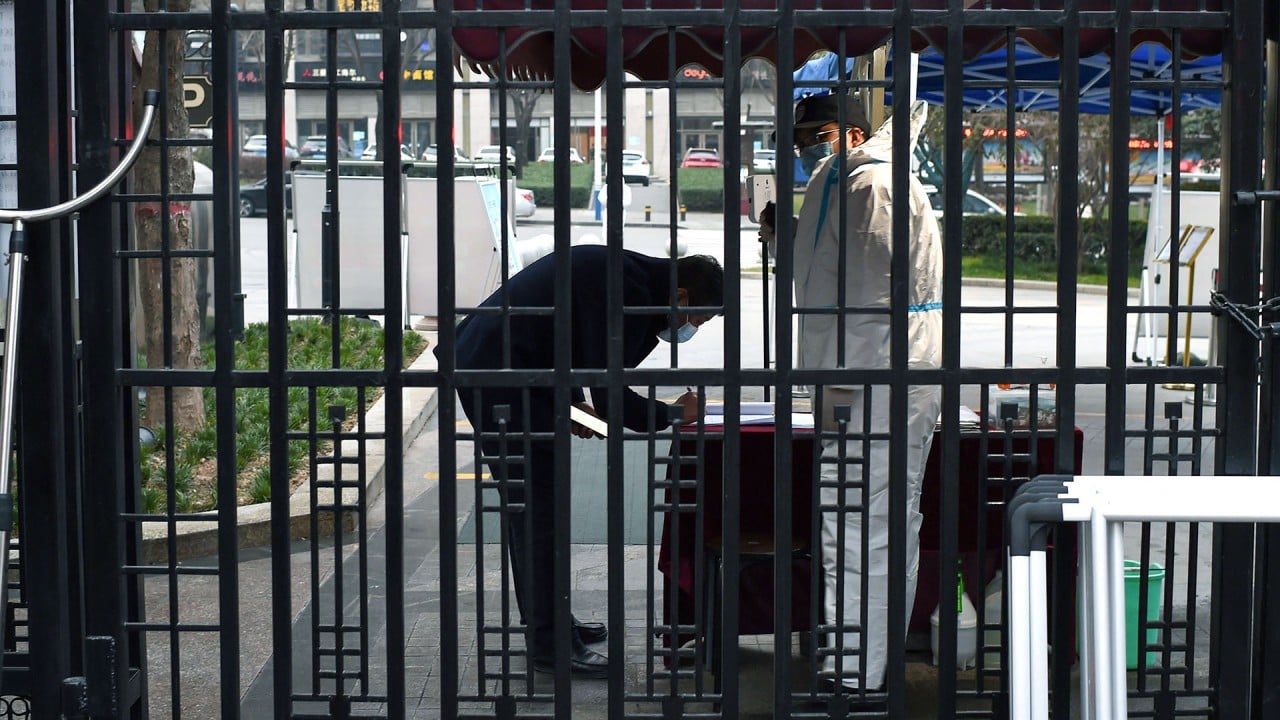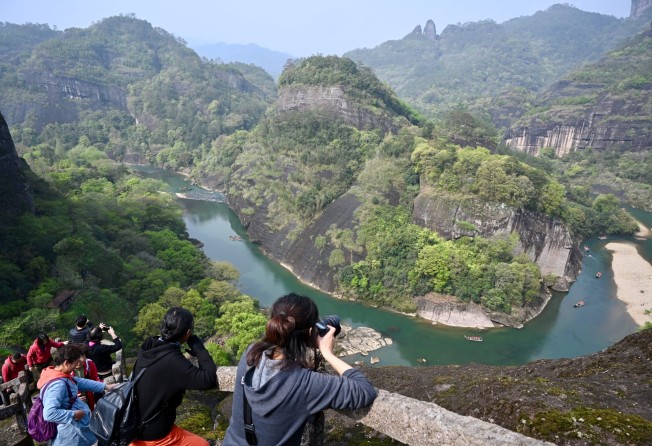
01:33
New Covid-19 lockdown imposed on Chinese city of Xian, home to famed terracotta warriors

China’s tourism industry is bracing for the worst as the country reported a sudden surge in Covid-19 cases, with executives keeping their fingers crossed the Omicron variant can still be brought under control in time for the holiday travel boom.
The public health crisis has become a bogey to the US$942 billion domestic travel sector, threatening the livelihood of at least 30 million people, as well as crushing the earnings of airline operators and related hospitality industries.
The National Health Commission reported 158 locally confirmed cases on Saturday, a sharp increase from 87 in the previous day. They included 155 in the locked-down city of Xian, two in the neighbouring city of Xianyang and one in the southern region of Guangxi.
“The resurgence of Covid-19 cases has thrown a wet blanket over our expectations for a turnaround,” said Li Wenjie, chief executive of Shanghai Yaheng International Travel. “The industry has been pinning its hopes on the New Year and Lunar New Year holiday. It is unlikely that many people will make travel plans given the virus concerns.”
Public holidays for the New Year and Lunar New Year are the high season for the tourism industry, with travellers willing to pay three or five times more than the normal rates to book rooms at hotels and resorts. Some 256 million people took a trip during the Lunar New Year in 2021, versus 415 million in 2019.
“We do not have other options because kids can travel with us only during the holidays,” said Zhang Zhou, an executive at a Shanghai-based tech consultancy. “The outbreak may not be halted in the coming weeks, so we may have to cancel our plans.”
China’s zero-Covid policy has induced strict lockdown measures and social distancing rules since early 2020 when the pathogen ravaged Wuhan, the first epicentre of the outbreak. The stringent rules have deterred families from travelling around the country or abroad.
China discourages its citizens from travelling and has also stopped issuing new passports to mainlanders. It imposes a 14-day quarantine rule on travellers returning from abroad. At the same time, tourist arrivals have trickled to near zero since the pandemic began in early 2020, due to a travel ban to prevent imported infection cases.
Domestic travel has been the major source of income for tourism operators. Short-distance trips and small private-tour groups have become a notable trend in 2021, according to a report compiled by Shanghai-based Trip.com, China’s largest online travel agency.
The industry’s revenue sank 61 per cent to 2.23 trillion yuan (US$350 billion) last year as travels plunged 52 per cent to 2.88 billion trips. Anecdotal evidence suggests many among tour guides, drivers, hotel and spa executives have lost their jobs during the slump.

Imported cases related to the Omicron variant have already been reported in mainland cities including Tianjin, Changsha and Guangzhou. However, there have been local transmissions in the southern city of Guangzhou.
China is expected to maintain its zero-Covid policy through most of 2022, with quarantine-free travel corridors set up only for Macau and Hong Kong, Fitch Ratings said in a report on Friday, noting that Omicron cases had also upended border reopening plans in some economies in the Asia-Pacific region.
“The worst has yet to come,” said Zheng Honggang, the chief executive of Shanghai-based Kate Travel. “People are scared of travelling now.”